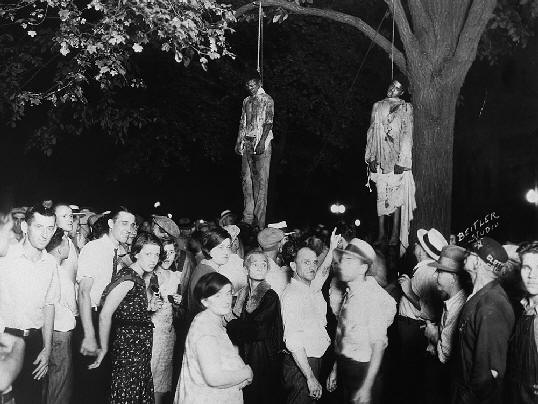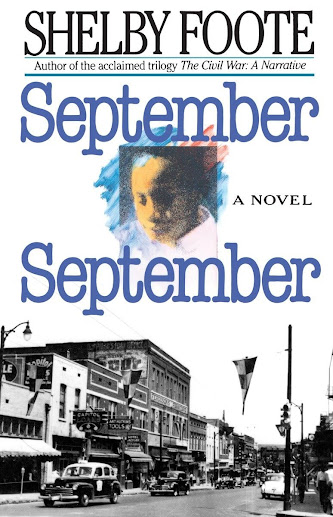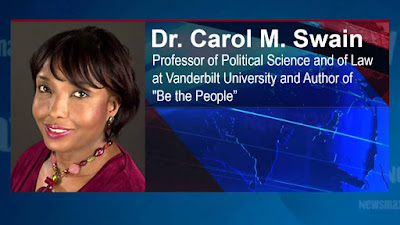Farnham's Freehold (audiobook) by Robert A. Heinlein

Often frustrating. Sometimes shocking. Never boring. Read by Tom Weiner Duration: 10 hours, 24 minutes. Blackstone Audio Unabridged. Robert A. Heinlein was recognized many times over as a master of the science fiction tale – he is a multiple winner of the Hugo award and the first recipient of the Grand Master Award for lifetime achievement. Heinlein is one of those golden age writers that moved science fiction from being stories strictly for kids to a separate and recognized literary genre for adults, too. Farnham’s Freehold is, at best, a difficult book. Perhaps books like this were a requirement when moving science fiction from a kid’s genre to an adult genre. It seems that Heinlein the iconoclast was out to irritate as many sensibilities as possible in an attempt to question some of society’s long held ideas about race, sex and the male-female relationships, even if it caused the story to suffer at the expense of all of that questioning. The story first appeare...













